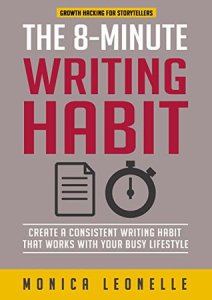Salt Sugar Fat: How the Food Giants Hooked Us by Michael Moss (2013)
My notes & interesting thoughts from this book:
- Amylase: enzyme in the month that converts food to sugar
- Stevia: plant-based sweetener
- Maillard: responsible for the caramel color in food (example: the caramel color of
 Source: https://www.amazon.com/Salt-Sugar-Fat-Giants-Hooked/dp/0812982193
Source: https://www.amazon.com/Salt-Sugar-Fat-Giants-Hooked/dp/0812982193
coca cola)
- “Certainly you can reformulate foods to reduce sugar and salt. You can replace them with noncaloric sweeteners or synthetic fats. But the character of the product always changes, and you have to accept the tradeoff” (24).
- The combined use of math and psychology to create the perfect flavor in food and beverages
- “Convenience is the great additive which must be designed, built in, combined, blended, interwoven, injected, inserted, or otherwise added to or incorporated in products or services if they are to satisfy today’s demanding public” (60).
- “Product news” → incentive for people to buy a product
- Getting teens to be loyal to a company
- Putting a fruit concentrate to give processed foods a positive, healthy image
- Exploiting consumer driven trends
- 1990: law passed that required salt, sugar, and fat amounts on nutrition labels
- Haem: a natural substance in meat that promotes “…the formation of potentially carcinogenic compounds…” (230).
- High blood pressure: “In large amounts, sodium pulls fluids from the body’s tissues and into the blood, which raises the blood volume and compels the heart to pump more forcefully” (268).
- Cohort study: follows one group of people over time
Takeaways:
- The combined use of math and psychology to create the perfect flavor in food and beverages.
- Potato chips cause you to crave more food because potatoes contain starch (a carbohydrate) that’s made of glucose. Glucose spikes mean you will have a craving to eat more food.
- “The [food] industry has a different view of food economics: it is their products that make eating affordable” (340).
- Vanishing caloric density: “If something melts down quickly, your brain thinks that there’s no calories in it, and like popcorn, you can just keep eating it forever” (321).





